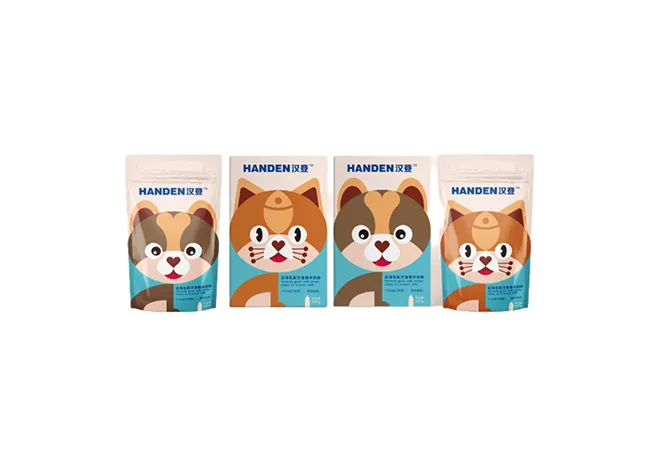When it comes to packaging wheat flour, the importance of selecting the right packing bags cannot be overstated. The need for durable, reliable, and efficient wheat flour packing solutions is a critical aspect of the grain industry, influencing everything from product safety to brand reputation.

First and foremost, selecting the right material for wheat flour packing bags is essential. The most popular materials used are polypropylene, burlap, and multi-layer paper.
Each material offers distinct advantages. Polypropylene bags, for instance, provide excellent moisture barrier properties, maintaining the wheat flour's quality and preventing contamination. They are lightweight, cost-effective, and resistant to pest infiltration. Burlap bags, though less common, offer breathability that ensures adequate airflow, reducing the risk of mold. Multi-layer paper bags, on the other hand, are often preferred for their eco-friendliness and print-friendly surfaces, allowing for vibrant branding opportunities.
The expertise involved in choosing an optimal bag design is another critical factor. Bag designs range from simple open-mouth pillow bags to more sophisticated valve-sealed options. Open-mouth bags are user-friendly and easy to fill, making them suitable for small to medium operations. Meanwhile, valve bags are designed for high-speed filling processes, minimizing waste and ensuring a dust-free environment — ideal for larger-scale flour producers looking to optimize their packing line efficiency.

Moreover, the technicalities involved in the packing process require profound knowledge. An advisable practice is to use automatic filling machines, which not only speed up the packing process but also ensure consistent filling and reduce labor costs. These machines can integrate with existing operational systems, offering seamless production continuity. Furthermore, modern machines equipped with vacuum technology can remove air from the bags, stabilizing the pack and increasing shelf life.
Branding is another critical aspect where expertise shines through. Packaging is often the first interaction a consumer has with the product. Thus, investing in high-quality printing is non-negotiable. Companies should ensure that their logos, product information, and usage instructions are clear, making a memorable first impression and informing the consumer. Additionally, incorporating QR codes can enhance the user experience by offering easy access to recipes or nutritional information, thereby increasing customer engagement.
wheat flour packing bags
Authority in the field also stems from sustainability practices. Customers are increasingly drawn to brands that demonstrate an environmental conscience. Thus, investing in biodegradable or recyclable packing materials not only positions a brand as a leader in sustainability but also aligns with global efforts to reduce carbon footprints. Sustainable practices can significantly enhance brand trust and authority in the eyes of environmentally-conscious consumers.
In terms of trustworthiness, adherence to food safety standards is paramount. This includes using food-grade materials and ensuring that all packaging processes comply with international food safety regulations like ISO 22000 or HACCP. Trust is further solidified by gaining certifications, which can be a powerful endorsement for a brand.
Finally, experience in logistics and distribution is a key area of focus. Ensuring that packing bags are designed to withstand the rigors of transportation and storage is vital. Bags should be tested for durability under various conditions — from handling during loading and unloading to maintaining integrity when exposed to temperature fluctuations. Such rigorous testing helps prevent losses due to damaged goods, ultimately winning consumer trust and confidence.
Thus, the multifaceted approach to wheat flour packing, encompassing material selection, design expertise, process innovation, branding strategies, sustainability initiatives, and safety compliance, illustrates the intricate expertise and experience required to master the domain. By prioritizing these factors, companies can establish themselves as authoritative and trustworthy leaders in the wheat flour industry, standing out in an increasingly competitive market.